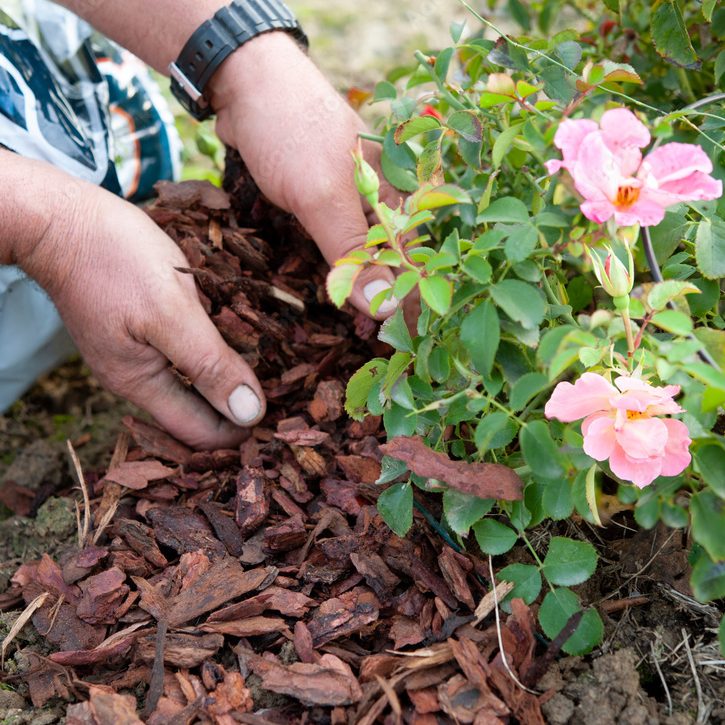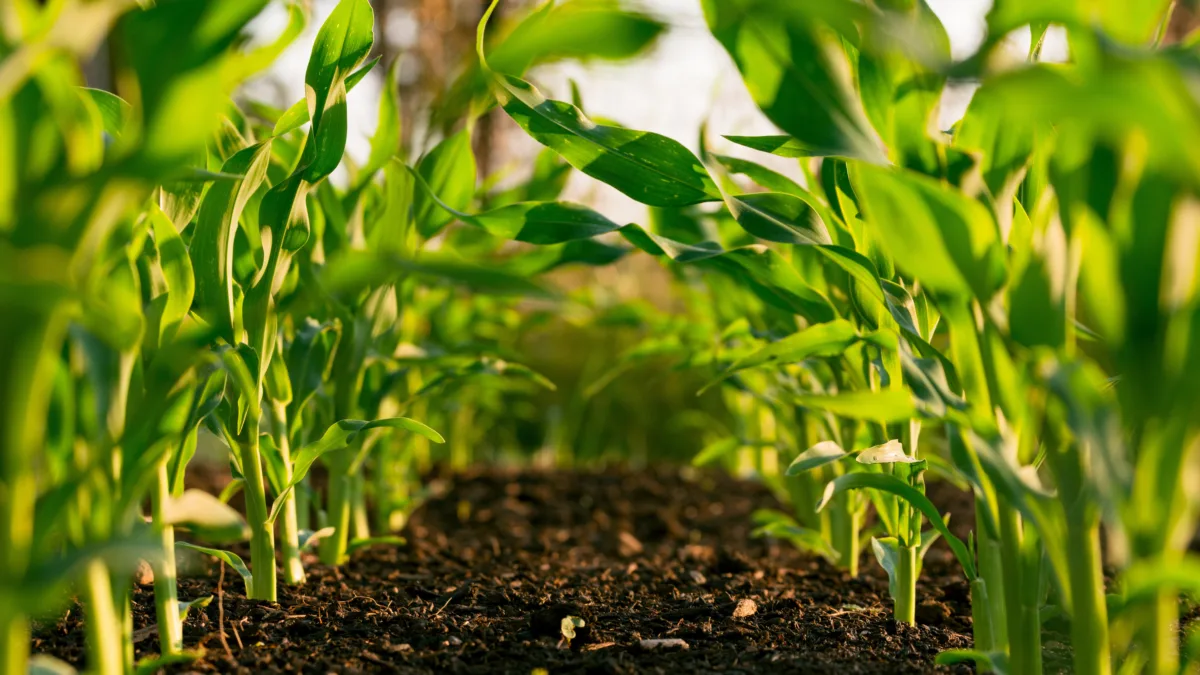Healthy soil is rich in nutrients, drains well and holds moisture. It also has a high PH level and is easily digable. You can test the PH level of your soil with a soil testing kit, and a soil PH level of 6.8 means it has the right nutrients for your crops. Your top 6 inches of soil hold vital nutrients that nourish your plants and animals. Keeping a close eye on the soil’s condition is essential to the well-being of your crops and your entire world.
Prevent compacted soil
Preventing compacted soil in your garden is a vital step for successful gardening. There are a number of environmental factors that cause soil to become compacted. By identifying the causes, you can take steps to prevent soil compaction in the future. Compost is one of the best ways to treat compacted soil because it contains soil organisms that break down organic matter and aerate the soil. In this guide, you can learn how to create great compost. Compost should be applied to a depth of 18 inches.
Compacted soil in the garden can cause plants to grow poorly. The leaves of plants planted in such soil will appear discolored and stunted, indicating a lack of nutrients. Another indication that your soil is becoming compacted is the presence of weeds in the area. Some weeds thrive in soil that has become compacted, including chicory, bindweed, and plantain.
Cover the top of your ground with mulch

There are many benefits to covering the top of your soil with mulch. The main one is that mulch prevents weeds from growing and it also reduces dust and erosion. It also adds a clean and tidy look to your garden area. Mulch helps to retain moisture, which is essential to plants, and it also insulates the soil. This evens out the temperature of the soil, which means plants are not as stressed by temperature fluctuations.
It is best to place the mulch under your plants, but avoid smothering them with mulch. This may promote rot and attract pests. In order to protect your plants from pests and rot, keep your mulch layer away from their trunks by at least two inches. This rule applies to both the distance and depth of the mulch layer. It also applies to the root flare. Trees with a small gap between mulch and the trunk have a greater chance of survival and are healthier when their roots are exposed.
Rotate crops
Crop rotation is an important part of keeping the ground in your garden healthy. It involves rotating crops based on the needs of different plant families. Fruit and vegetable crops, for example, need extra nutrients to grow well. They benefit from nitrogen and phosphorus in the soil. Often, gardeners get frustrated when their tomato plants grow tall and lush, but don’t produce a single fruit. You can read her our article How to water your tomatoes to improve your yields.
Rotating your crops will also help keep your soil healthy and reduce the likelihood of developing pests and diseases. Insects and diseases tend to overwinter in the same soil year after year. By rotating crops, you’ll keep these pests from having easy access to your crops next year. Crop rotation will also improve the structure of your soil, as different plants have different root systems. This helps aerate the soil in different ways. Deep-rooted plants aerate the soil more than shallow-rooted ones, because their roots break up the soil and bring minerals to the surface.
Living soil full with beneficial microorganisms
Having a living soil full of beneficial microorganisms in your garden is a great way to improve the health and productivity of your plants. These organisms have long been a part of the soil ecosystem, and plants have been using them for millions of years. They work together with plants to break down organic matter and hold it in the soil. These microorganisms can be found in the upper 3 inches of soil.
These microorganisms play a critical role in nutrient cycling, soil aeration, and the health of plants. They help maintain the soil’s natural pH balance and help maintain a healthy ecosystem. They also play an important role in recycling old plant material.

